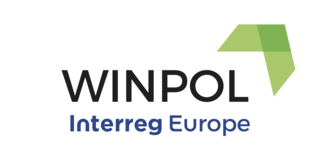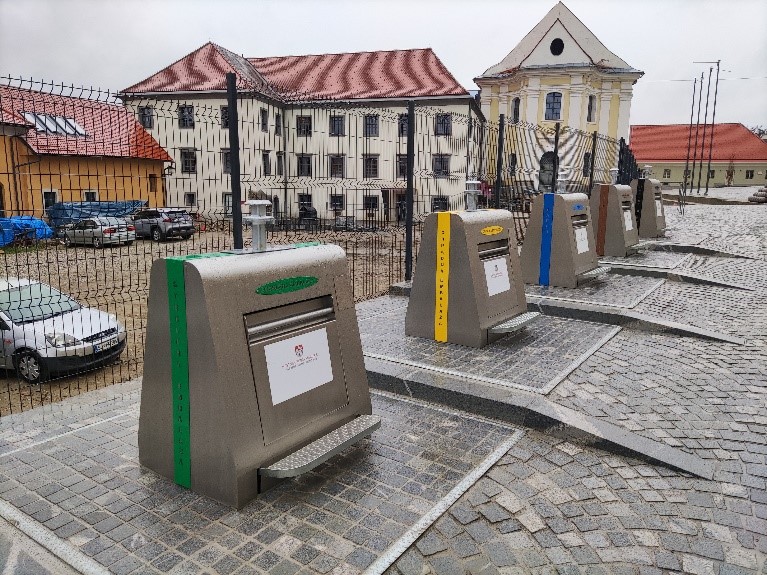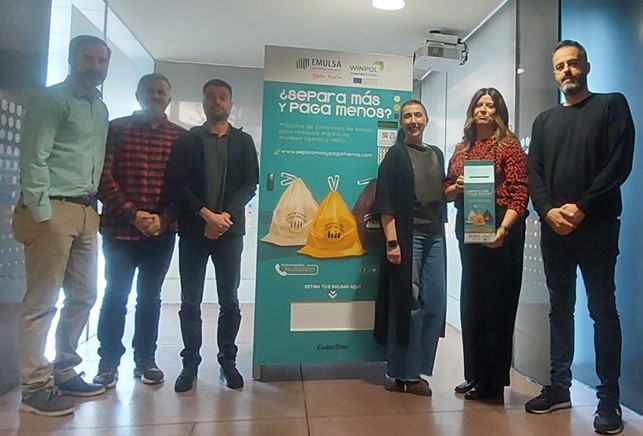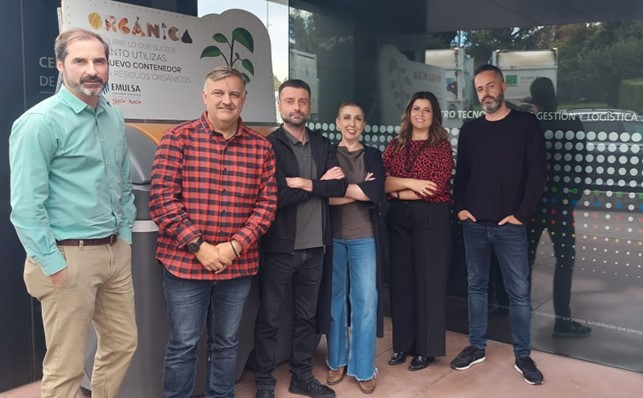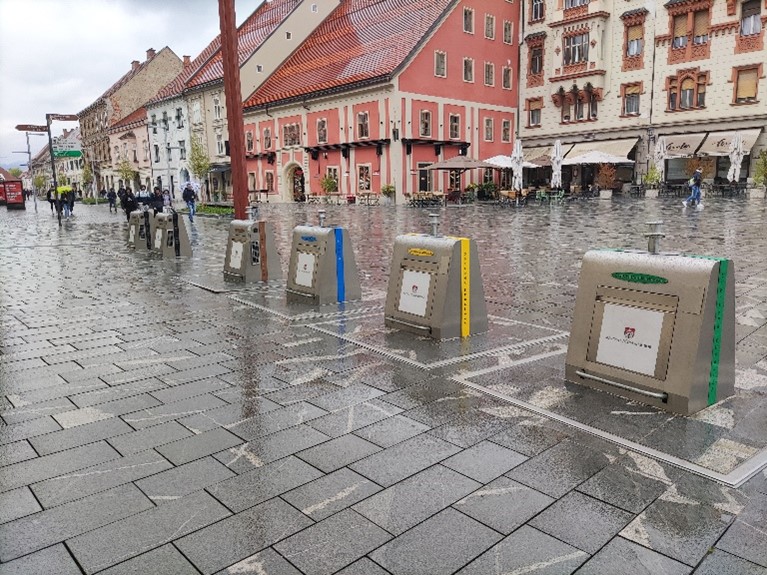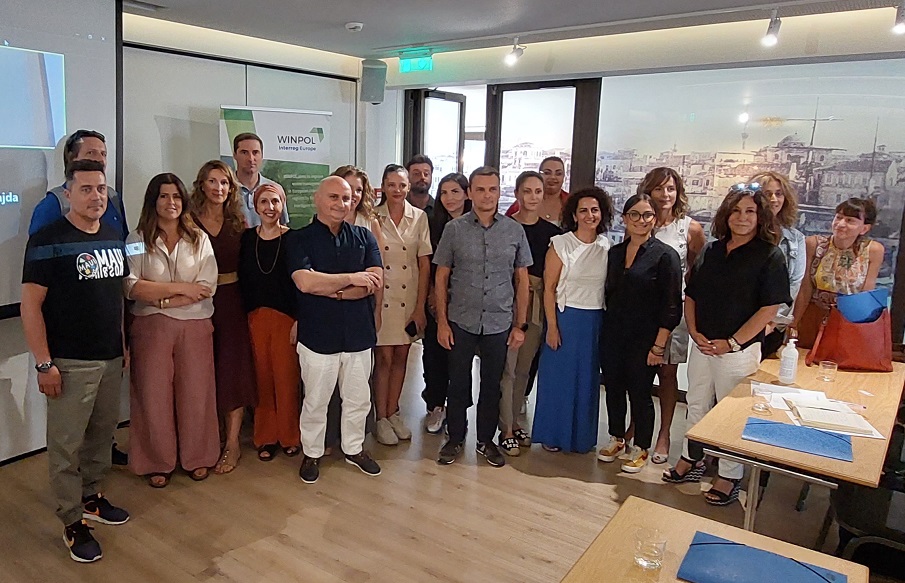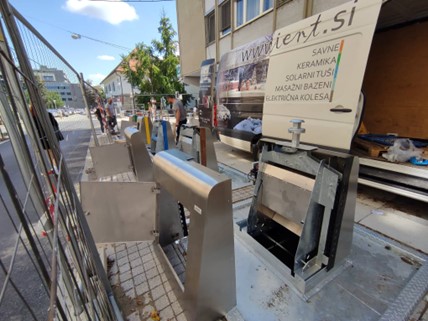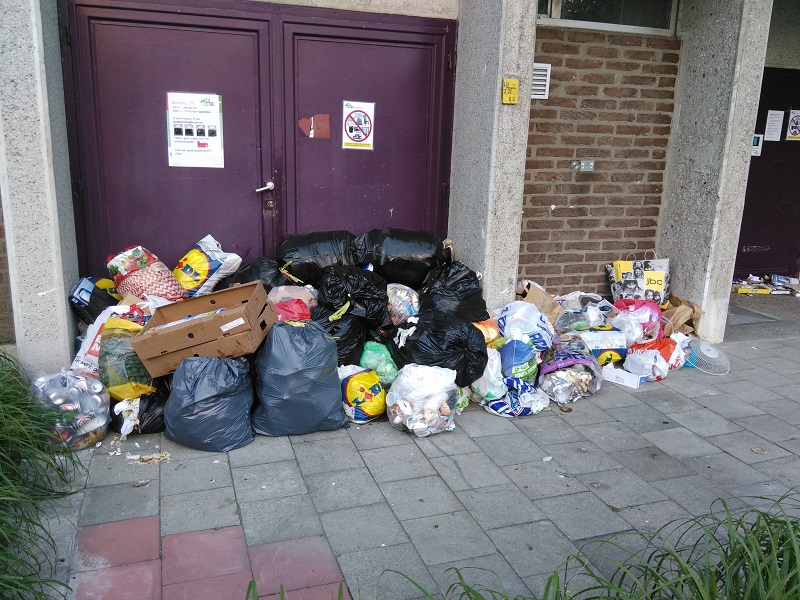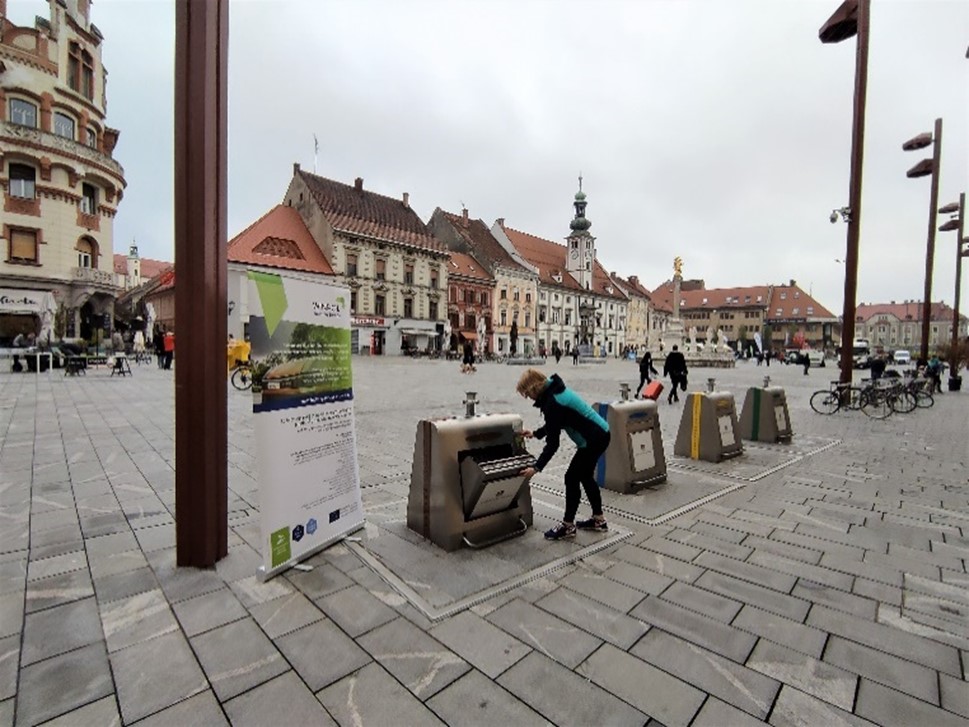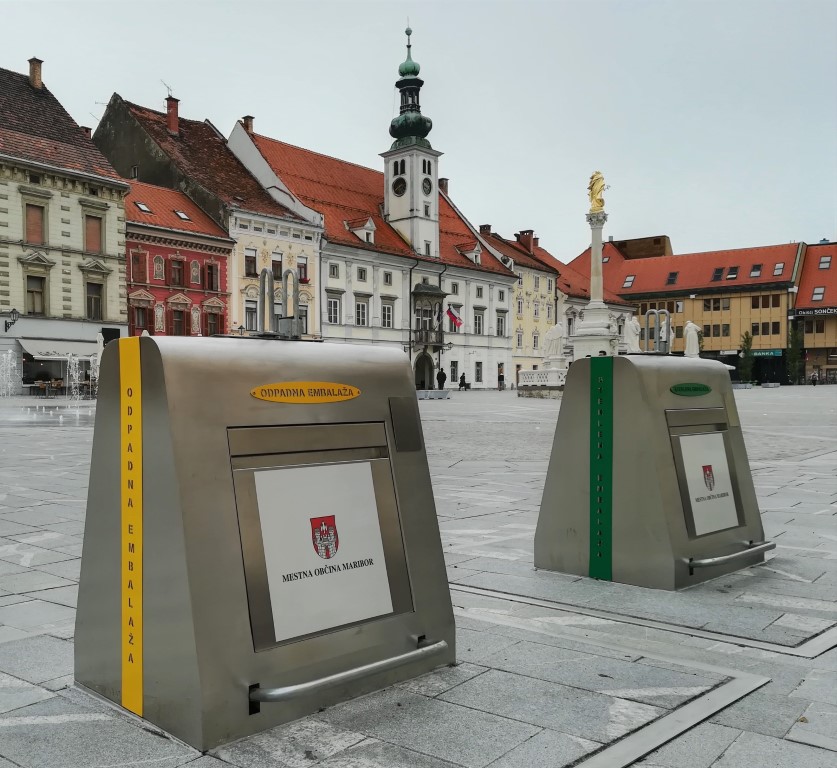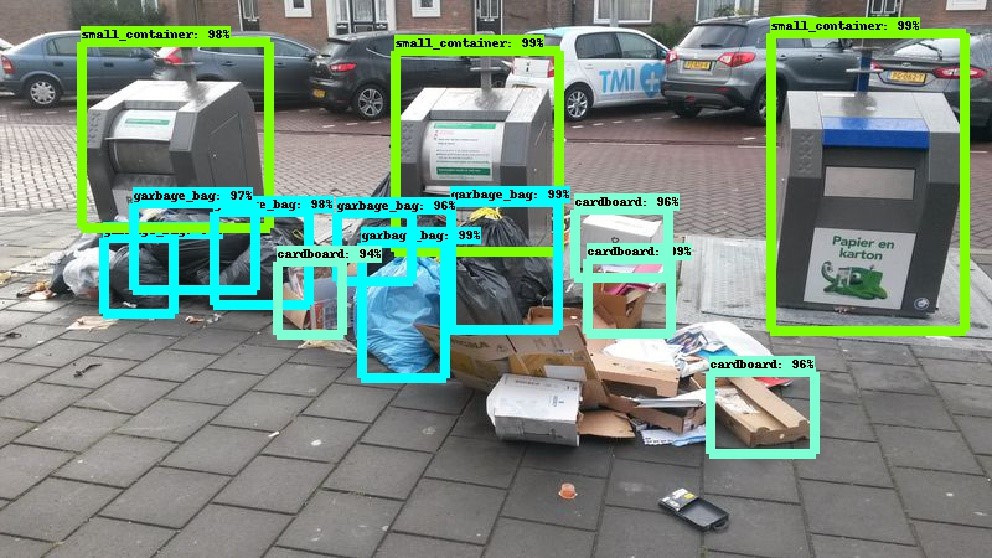The WINPOL project is not only benefiting project partners as their stakeholders also can take part in the exchange of experiences and join the project’s meetings. Like that, Juan Revilla, representing the Spanish National Association of Public Companies for Environment (ANEPMA) and stakeholder of EMULSA, joined the WINPOL team during the study visit in Imola (Italy). He came back to Spain with interesting insights and pleased to have learnt in situ about a very interesting model to manage municipal waste. We interviewed him to know more about his impressions and thoughts following the visit.
What did you find of the utmost interest in the waste management model implemented in Imola?
It is interesting that they developed a separate collection system putting the responsibility upon the waste producer, especially since this system includes procedures for information, training and control addressing an appropriate waste separation.
What do you think is particularly innovative in this system?
I have found very interesting the fact that closed containers are located in the areas where significant amounts of waste are produced. Such containers are accessible only via a personal card, which has an impact on the quality of the waste selectively collected. Moreover, a specific control system – using cameras, informers and coercive control – is implemented in the areas where big producers are located. Thanks to this, the deposit process goes smoothly and there is no deposit outside of the containers.
Is there something, implemented by Imola that could be transferred to your city, in Cordoba (Spain)?
Yes, definitely. We were explained how the separate collection performances have been improved in Imola city centre thanks to the implementation of an innovative and controlled system, which proved to be very efficient. This is something clearly replicable in other city centres with similar characteristics.
What learning out of Imola experience could be applied regarding big producers of waste?
Imola has developed Ecopoints where both citizens and big producers can deposit their waste separately, obtaining discounts in their tax when they separate correctly. The system is automatized and the training and dissemination being used is very modern.
Which is your overall assessment of the study visit you have participated in as a WINPOL stakeholder?
The study visit in Imola has been very fruitful for me and for the organisation I am representing, ANEPMA. I have seen in situ that the systems developed are appropriately working and that they could be replicated elsewhere in Europe, for example in some of the Spanish cities represented in ANEPMA. I would specially highlight the degree of citizen collaboration and discipline that contribute to make the process successful.
